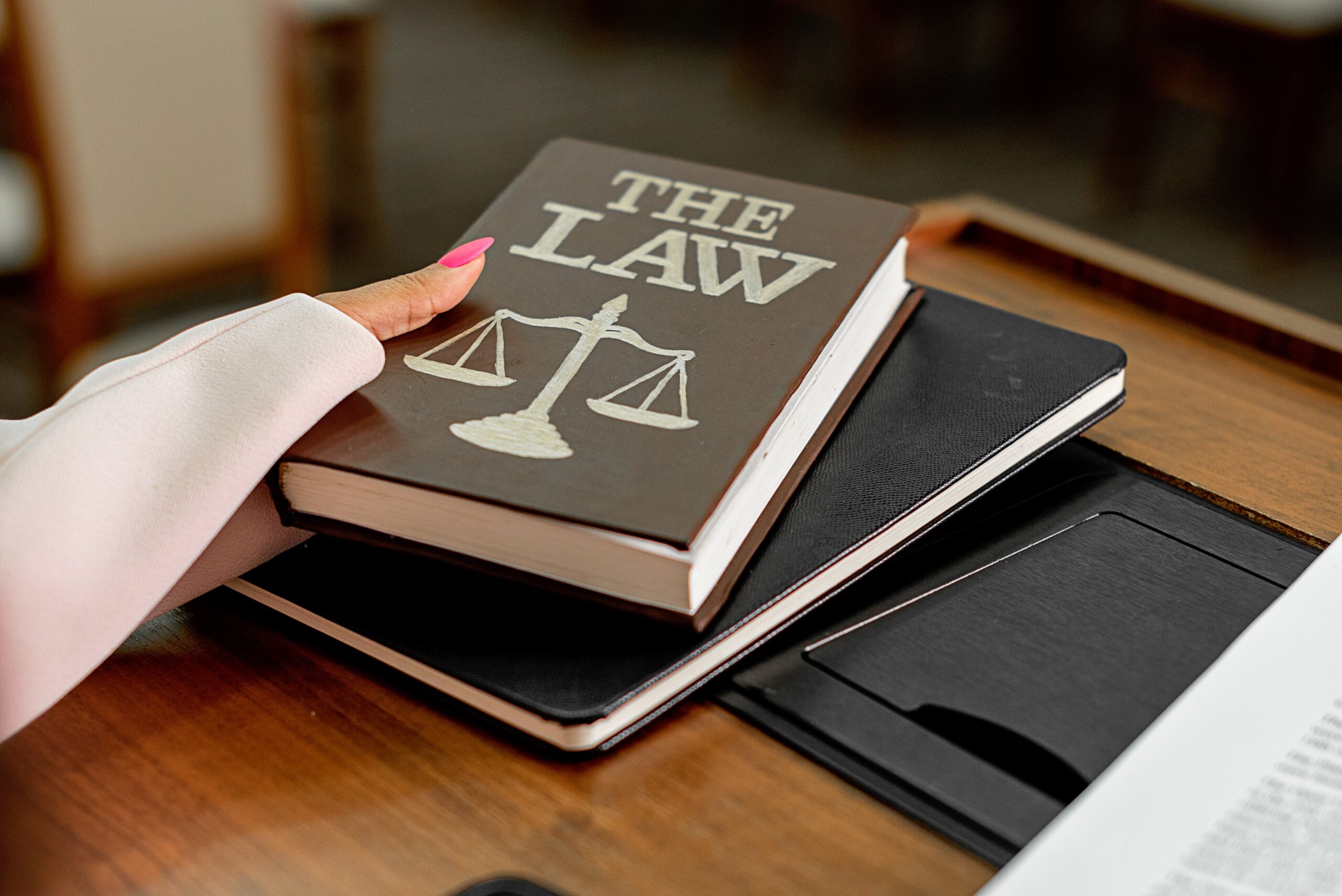Now Reading: Navigating the Legal Maze: Unveiling FAQs on Personal Injury Lawsuits
-
01
Navigating the Legal Maze: Unveiling FAQs on Personal Injury Lawsuits

Navigating the Legal Maze: Unveiling FAQs on Personal Injury Lawsuits
Personal injury lawsuits can be complex and intimidating for those navigating the legal system for the first time. Understanding the intricacies of personal injury law is crucial for individuals seeking justice and compensation for damages incurred due to the negligence of others. In this comprehensive guide, we will address frequently asked questions (FAQs) related to personal injury lawsuits, shedding light on key aspects of the legal process.
What Constitutes a Personal Injury?
Defining Personal Injury
A personal injury, in legal terms, refers to harm inflicted on an individual’s body, mind, or emotions. This harm can result from various incidents, including car accidents, slip and falls, medical malpractice, or defective products. For a personal injury claim to be valid, there must be evidence that the injury was caused by another party’s negligence or intentional misconduct.
Types of Personal Injuries
Personal injuries cover a broad spectrum, encompassing physical, psychological, and financial harm. Common types of personal injuries include:
Physical Injuries: These involve harm to the body, such as broken bones, burns, or spinal cord injuries sustained in accidents.
Psychological Injuries: Emotional distress, anxiety, or post-traumatic stress disorder resulting from a traumatic event may also form the basis of a personal injury claim.
Financial Injuries: Damages can extend beyond physical and emotional harm to include financial losses, such as medical expenses, lost wages, and property damage.
The Legal Process for Personal Injury Lawsuits
Consultation with an Attorney
The journey begins with seeking legal advice. Consulting with a personal injury attorney is crucial to understanding the merits of your case. Most attorneys offer free initial consultations, during which they assess the facts surrounding the incident and advise on the viability of a lawsuit.
Filing a Complaint
Once you decide to pursue legal action, the next step is filing a complaint. This document outlines the details of the incident, the injuries sustained, and the legal basis for the claim. The defendant, the party responsible for the injuries, is then served with the complaint, initiating the legal process.
Discovery Phase
The discovery phase is a crucial part of personal injury litigation. Both parties gather evidence, exchange information, and interview witnesses. This phase helps establish the facts of the case and provides a foundation for negotiations or trial.
Settlement Negotiations
Many personal injury cases are resolved through settlement negotiations before reaching trial. During this phase, attorneys from both sides engage in discussions to reach a mutually agreeable resolution. Settlements offer a quicker resolution and can spare the parties involved the time and expense of a trial.
Trial Proceedings
If a settlement cannot be reached, the case proceeds to trial. During the trial, both parties present their arguments, witnesses testify, and evidence is examined. A judge or jury then determines liability and assesses damages if the defendant is found responsible.
Compensation in Personal Injury Cases
Types of Compensation
Personal injury compensation can take various forms, addressing the different aspects of harm suffered by the plaintiff. Common types of compensation include:
Medical Expenses: Reimbursement for past and future medical bills related to the injury.
Lost Wages: Compensation for income lost due to the injury, including potential future earnings.
Pain and Suffering: Non-economic damages intended to compensate for physical and emotional distress caused by the injury.
Property Damage: If the injury involves damage to personal property, the cost of repair or replacement may be included in the compensation.
Determining Compensation Amounts
The amount of compensation awarded in a personal injury case depends on various factors, including the severity of the injuries, the impact on the plaintiff’s life, and the degree of negligence exhibited by the defendant. Economic damages, such as medical expenses and lost wages, are relatively straightforward to quantify. Non-economic damages, like pain and suffering, may require expert testimony to establish a fair value.
Legal Time Limits and Other Considerations
Statute of Limitations
One critical aspect of personal injury cases is the statute of limitations, which sets a time limit for filing a lawsuit. This varies by jurisdiction and the type of injury, emphasizing the importance of timely action. Missing the statute of limitations could result in the dismissal of the case.
Comparative Negligence
In some cases, both parties may share responsibility for the injury. Understanding the concept of comparative negligence is crucial. States may follow either contributory or comparative negligence laws, affecting the ability to recover damages based on the plaintiff’s degree of fault.
Legal Fees and Costs
Most personal injury attorneys work on a contingency fee basis, meaning they only receive payment if the case is successful. However, clients may still be responsible for certain costs, such as court fees and expert witness fees. Clarifying the fee structure with your attorney during the initial consultation is essential to avoid misunderstandings later.
Conclusion
Navigating the legal maze of personal injury lawsuits requires a clear understanding of the process, potential challenges, and the factors influencing compensation. By addressing these frequently asked questions about Georgia personal injury lawsuits, individuals can approach personal injury cases with greater confidence, ensuring they make informed decisions and pursue the justice and compensation they deserve. Remember, seeking legal advice promptly and understanding the nuances of personal injury law are pivotal steps in achieving a favorable outcome in your case.
About the author: Mark Scott
With a law degree under his belt, Mark Scott understood very early that law communication was a relatively neglected area. He decided to help people by “translating” the language and offering information and advice in a clear, useful, and actionable manner. For this reason, instead of finding him in court, you will most likely find his name online, where he is very active and thriving as a legal columnist. His part of making the world a better place is to make the law a less convoluted maze. He aims to make it easier for people to understand when and how to seek legal counsel, how to proceed in a significant number of legal matters, and to find the proper resources so they can stand up for their rights.











